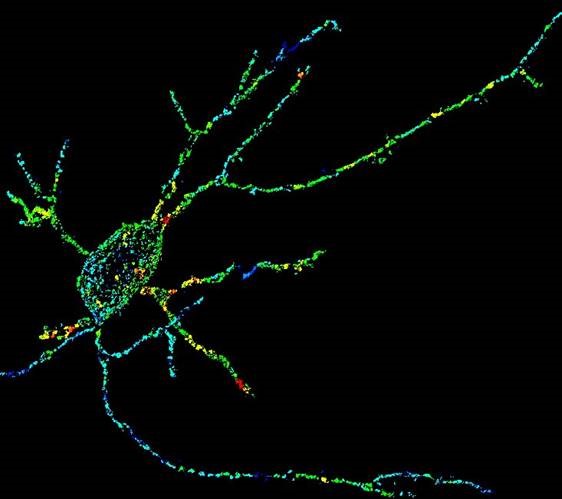
Dr. Alison Barth
Professor, Biological Sciences and Biomedical Engineering
- Mellon Institute 159C
- 412 268 1198
- 412 268 8423
Mellon Institute 159C
Carnegie Mellon University
4400 Fifth Avenue
Pittsburgh, PA 15213
Education
- Ph.D., Molecular and Cell Biology, UC Berkeley, 1997
- Post-Doctoral, Neurophysiology, Stanford University, 2001
Bio
Alison Barth studies plasticity in neurons. Her work focuses on understanding how experience transforms the properties of neurons to encode memory. Barth developed and patented the first tool to locate and characterize neurons activated by experience in a living animal, a transgenic mouse called the "fosGFP" mouse. These mice, which have been licensed to every major pharmaceutical company in the United States and distributed to more than 80 researchers worldwide, have facilitated studies into a wide range of neurological diseases as well as the study of learning and memory. Barth also conducts research on epilepsy. Her lab has identified a novel anticonvulsant target, an ion channel called the BK channel, whose activity is increased in response to a seizure. Barth has received the Society for Neuroscience’s Research Award for Innovation in Neuroscience and Career Development Award.
Research
How does experience shape the brain? Research in the Barth lab is focused on understanding how experience assembles and alters the properties of neural circuits in the cerebral cortex, in both normal and disease states. The lab has a specific focus on somatosensation in the mouse model system, where specific types of sensory input from the skin are used to drive neural activity to change the strength of synaptic connections and the firing output of cortical neurons. This neural plasticity can result in enhanced perceptual capabilities and influence subsequent learning. A detailed examination of how synapses are changed by experience is revealing fundamental principles about both perception and learning across many neural systems. In addition, researchers in the lab are using electrophysiological recordings, electron microscopy, and computational modeling to understand how functional networks are constructed and optimized in the neocortex. Experiments take advantage of transgenic mice to manipulate gene expression and label defined neural subsets and whole-cell recording and imaging to quantitate the electrical properties of cortical neurons.
Research Interests: activity-dependent gene expression in the CNS; the cellular and synaptic mechanisms that underlie learning and memory; the effect of behavioral training on neural excitability and anatomy

Awards and Recognition
-
Society for Neuroscience’s Research Award for Innovation in Neuroscience and Career Development Award
- Humboldt Foundation's Bessel Research Award
- AAAS Fellow